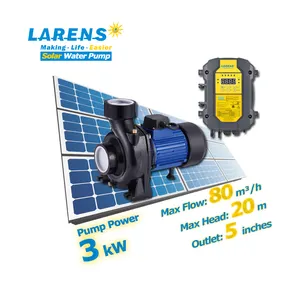Popular in your industry









































Top categories
About degree solar stand
Understanding Degree Solar Stands
Solar energy systems have become a cornerstone in the pursuit of renewable energy, and central to these systems are degree solar stands. These structures are pivotal in positioning solar panels at precise angles to maximize energy absorption. The term 'degree' in degree solar stands refers to the adjustability and orientation of the solar panels, which can significantly impact the efficiency of solar energy collection.
Types and Applications
The versatility of degree solar stands is evident in their various types, each designed to cater to different mounting scenarios such as rooftop, ground mount, or carport installations. They are suitable for a range of applications, from residential to commercial and large-scale solar farms. The adaptability of these stands allows for optimal placement in diverse environments, whether it's an open field or a congested urban rooftop.
Features and Materials
When selecting a degree solar stand, the material is a critical factor. Common materials include anodized aluminum and hot-dip galvanized steel, both known for their durability and resistance to harsh environmental conditions. The engineering behind these stands often includes wind resistance capabilities, with some designed to withstand wind speeds of up to 60m/s. The surface treatments, such as anodizing or galvanization, add an extra layer of protection against corrosion, extending the lifespan of the solar stand.
Advantages of Optimal Orientation
The primary advantage of using a degree solar stand is the ability to angle solar panels to harness maximum sunlight. This optimal orientation can significantly increase the efficiency of the solar array, leading to higher energy output and, consequently, more significant savings on energy costs. The adjustability factor also means that these stands can be reoriented to account for seasonal changes in the sun's position.
Selection Considerations
Choosing the right degree solar stand involves considering the specific needs of the solar installation. Factors such as the installation environment, the size and number of solar panels, and local weather patterns are crucial in determining the most suitable solar stand. It's essential to select a stand that not only meets the current needs but also allows for future scalability should energy requirements increase.
Environmental Impact and Sustainability
Incorporating degree solar stands into solar projects contributes to a more sustainable energy solution. By enabling precise positioning for solar panels, these stands ensure that renewable energy resources are utilized more efficiently. This not only aids in reducing the carbon footprint but also aligns with global efforts to promote environmentally friendly energy sources.



















